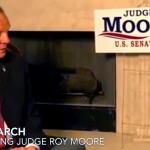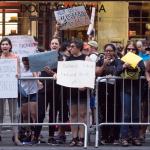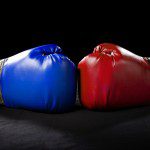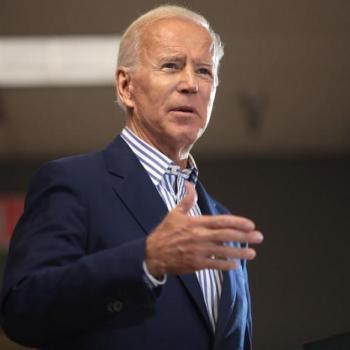Trump: The Model of Charismatic Authority
So let’s take the case of Donald Trump, who appears to fit this model of charismatic authority. A supremely weird dynamic was evident during the campaign whereby Trump seemed to be genuinely fed—psychologically and emotionally—by the inflating adulation of his base, who appeared to share a powerful connection with him. In his campaign and, now, tenure as President, he has demonstrated few skills, and minimal competence, virtue or intellect, except for one striking and dangerous gift: the intuition that to maximize power, he needs to reflect incessantly the projections of his base. Their adulation and his fanning of it created a feedback loop that largely carried him to the office of the President. And sooner after his inauguration than any president in recent memory, Trump began again with campaign rallies.
At the same time, Trump cannot tolerate challenge or criticism, and leaves none unmet or unforgotton; among his staff, he demands abject loyalty, if not submission. This dynamic of charismatic authority has been reinforced by the craven obsequiousness of Republican leaders following the passing of the tax bill and similar ‘Dear Leader’ language of his cabinet.
Negative Pushback for Constructive Compromise
Another technical term may be helpful here, normative dissonance: the host of everyday disagreements over values and norms in social groups, which requires a healthy dynamic of consideration and compromise. Criticism and negative pushback in social groups leads to constructive compromises, not to mention moderating more extreme rhetoric and policies. While I am not privy to the inner workings of the White House, I do not see regular or sustained pushback against Trump. If it were present, we would have seen at least one urgent Cabinet meeting focused on developing a protocol to protect our next election from Russian interference. Instead, we have national security briefers who are careful not to speak about Russia lest they enrage the president.
The press, thankfully, has pushed back, both in quality reporting concerning collusion with Russia and corruption in Trump’s business interests, and in well-reasoned op-eds. The result: Trump has relentlessly excoriated the press, dismissing it as fake news and demonizing it as “enemy of the people”—with no shortage of ad hominem attacks on individual journalists as well. He draws oxygen from Fox News’ conspiracies and screeds and breathes oxygen into them.
As he continues to feel his charismatic authority threatened by rational/legal modes of authority, he rails against those structures in conspiratorial tones. He takes every opportunity to delegitimate the Mueller investigation, the FBI and the judicial system, and marshalls his true believers to subvert them. By the strange exchange of charisma and its social foundations, we now see the cult of Trump. While only rarely has a religious cult degenerated in a catastrophic spiral, it has happened, and dysfunctional patterns of charismatic leadership in the cult of Trump suggest the terrifying potential of tragic and devastating consequences.
Thomas A. Forsthoefel is professor of religious studies at Mercyhurst University. He has published widely on Indian religion and philosophy, including essays on sacred poetry published by Patheos.













